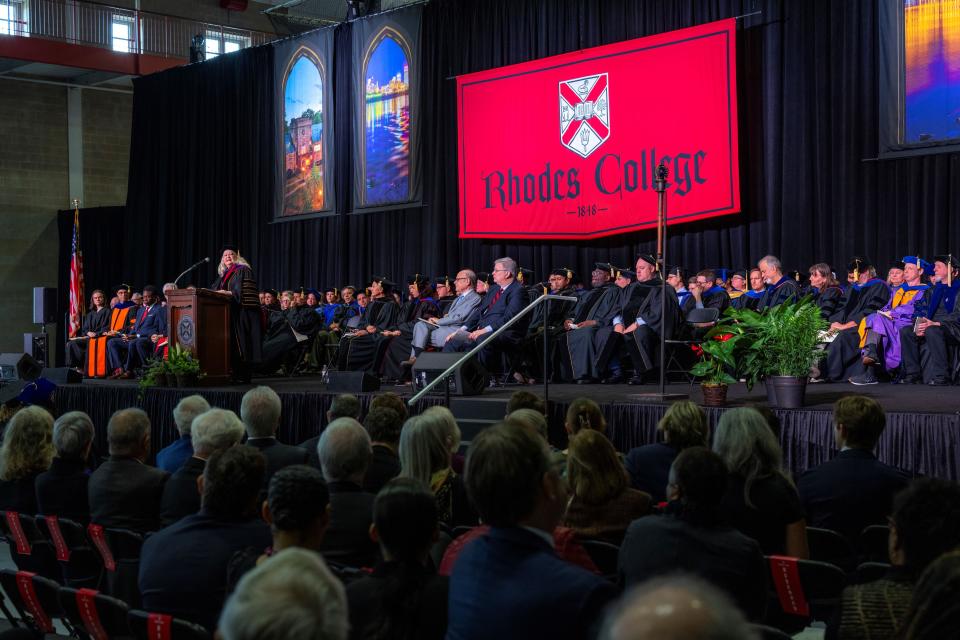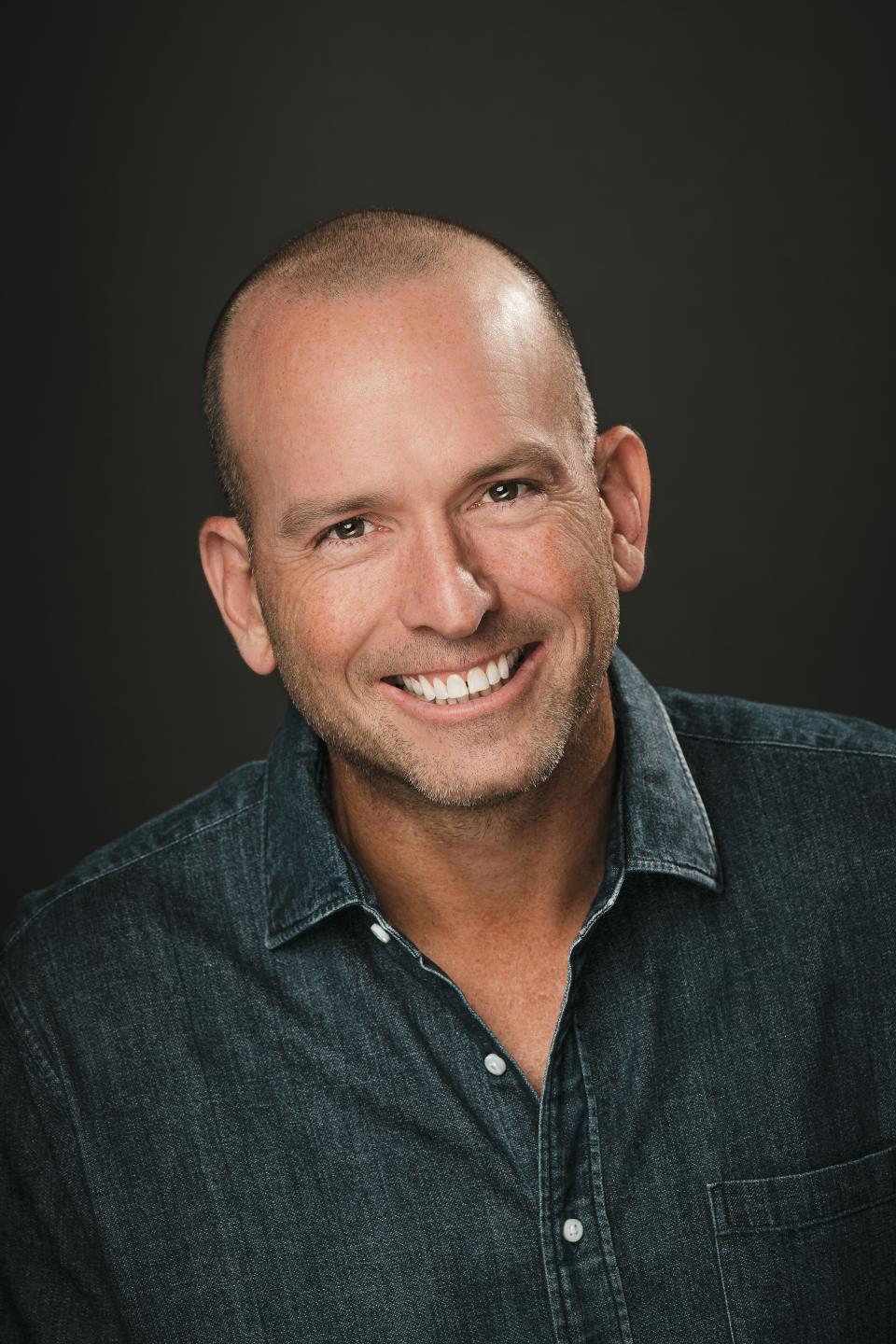I'm a proud Rhodes College alum, but I've stopped donating over mandatory DEI statements
With June 30 on the horizon, so approaches the end of most colleges’ and universities’ fiscal years. That means alumni email inboxes are filling up with reminders to support their school’s annual fund.
Concurrent with these pleas, news headlines tell stories of school-sanctioned anti-Semitism, speech codes, bloated administrations, and sky-high tuition leading to billions in taxpayer-funded student loan bailouts. Any one of these issues is sufficient reason to question the state of American higher education, but the current cocktail of craziness makes it a good time to ask whether your college’s values align with your own, and – if not – why in the world do you keep sending them money?
There’s no better example of counter-productive and anti-democratic practices on campus than mandatory statements of DEI loyalty for potential faculty hires. This means that anyone applying for a teaching position must testify to their commitment to diversity, equity, and inclusion prior to the school evaluating their academic credentials. We’ve seen this kind of thing before.
Choose freedom of expression over mandatory statements
In 1950, California enacted the Levering Act, which required state employees to pledge they were not members of the Communist Party. The California Board of Regents subsequently fired 31 professors who refused to do so.
To the believers in McCarthyism, Levering’s value was self-evident and incontrovertible. The California State Federation of Teachers disagreed, arguing that the requirement “imposes on public workers a political test for employment (and) deprives them of equal protection under the law.”
Similarly, sincere advocates for DEI believe it should take precedence over freedom of expression, viewpoint diversity, and a free and fair labor market. Yet like the Federation of Teachers, the Foundation for Individual Rights and Expression warns that compulsory DEI statements “threaten employment or advancement for faculty holding dissenting views.”
Harrison Butker decries diversity, but he can thank Black QB Patrick Mahomes for his fame
I first heard about these kinds of hiring policies last year after faculty members filed a lawsuit against the University of California system. It made me wonder, “Might my alma mater be doing the same thing?”
This job description for a math professor job surprised me
So I recently Googled faculty openings at Rhodes College in Memphis (go Lynx!), then clicked on this post: Visiting Professor of Mathematics and Statistics.
Much to my surprise, all candidates were required to submit a “statement that addresses how the candidate’s experiences with teaching, scholarship, and/or service will contribute to a college community that includes a commitment to diversity and inclusion as one of its core values.”

Why does a math professor need to embrace DEI? Obviously, because numbers are racist!
I love my school and have contributed quite generously in the past. But I’m putting my financial support on hold until the college eliminates this compelled political speech in its hiring, and you should too. It’s a long shot, but it’s worth trying because this practice is prevalent, punitive, and does harm to those it purports to help.
Progress happens when the economically disadvantaged achieve financial autonomy but many tenets of DEI ingrain economically limiting attitudes. Lowering requirements for math, teaching Ibram X. Kendi’s doctrine that “to be anti-racist you must be anti-capitalist,” or the Smithsonian’s belief that delayed gratification is a symptom of whiteness will prolong and expand the economic divide.
Maybe college administrators will finally take note
Resisting an oppressive political movement requires courage, but if you believe universities should be engaged in a quest for truth, you must resist.
So, stop giving until your school does the right thing. If a couple hundred student protestors can bring a campus to its knees, maybe a few thousand alumni withholding annual fund gifts will give the administrators the fuel they need to eliminate this transparently prejudicial hiring practice.

It won’t fix all the problems on campus, but it’s a start. And if they do it by June 30, I’ll get out my checkbook.
Comedian Paul Ollinger is a former Facebook sales leader, the host of the Crazy Money podcast, and the creator of the "Money and the Meaning of Life" substack.
This article originally appeared on Nashville Tennessean: DEI statements: Stop donating to alma maters until this practice ends
